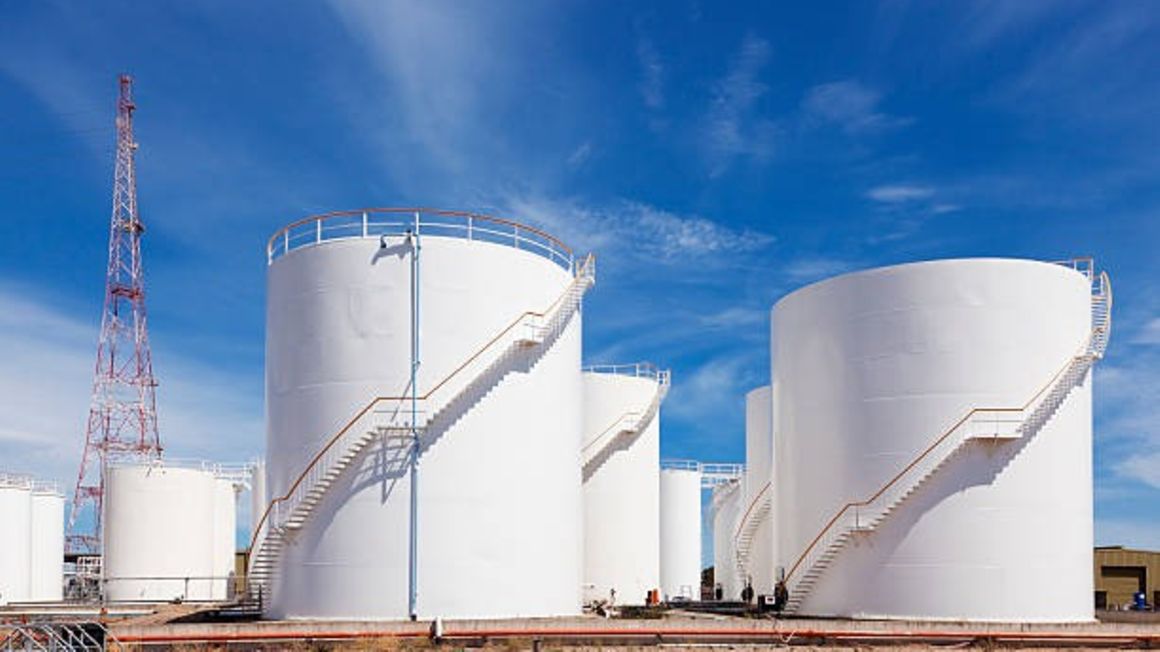
Energy Minister Makamba confirms that vastly expanding Tanzania’s reserves capacity is among the measures which the govt. is considering. Photo credit| iStock
Dar es Salaam. The bulk procurement system (BPS) for importation of petroleum products in Tanzania is
good and should be maintained, analysts have said, disputing the suggestion that the arrangement is partly to blame for spiralling retail prices in the country.The Commissioner of Petroleum and Gas in the Ministry of Energy, Mr Michael Mjinja, said on a local television station at the weekend that it was due to BPS that Tanzania had enough fuel amid rising global prices.
“Oil prices are still going up, and there may be no stability in the near future, but the good thing for us is that supply is guaranteed. There are sufficient fuel stocks,” he said.
Mr Mjinja added that BPS allowed the government to have a robust plan in line with the verification of all the necessary information about the situation.
His statement comes at a time fuel prices in Tanzania have gone up to record levels, driven primarily by disruptions in global supply chains due to Russia’s invasion of Ukraine.
Fuel prices have risen to historic levels, crossing the Sh3,000 mark in some places for the first time.
This has prompted debate on various platforms as Tanzanians from various walks of life deliberate on ways of making fuel affordable to the majority of the citizenry.
Mr Ahmed Shabiby (Gairo-CCM) said in Parliament last month that the ongoing war in Ukraine was an opportunity for Tanzania to purchase fuel at lower prices, noting that some local factors were to blame for the rise in pump prices.
He specifically blamed what he described as some corrupt elements in BPS and sabotage of oil flow meters at Dar es Salaam Port.
Mr Shabiby said BPS was killing competition, and thus exposing Tanzanians to high fuel prices.
“As we are talking, some tankers are selling fuel at cheaper prices – up to a quarter of the global prices – on the high seas. If you allow an individual to buy and bring fuel to Tanzania, he will go and buy from ship to ship,” he said, noting that the duty of government agencies would be to ensure that the fuel meets the required quality and that it was sold at recommended prices.
He said prices would decline if traders were allowed to import fuel outside BPS.
But according to Mr Mjinja, prior to the introduction of BPS, Tanzania used to experience frequent fuel shortages.
This, he said, was because the system at that time provided an opportunity for traders to import fuel individually, and at a time that they deemed appropriate as well as in accordance with their needs.
“The cost of importing fuel was very high as the cargo was being delivered by small ships, thereby causing congestion at the port and vessels used to wait at outer anchorage for up to 40 days. This did not guarantee the availability of the fuel,” said Mr Mjinja.
He said the system did not provide assurance of price stability as the government was unable to monitor and determine the exact price of fuel and transportation costs. There was also no capacity to ensure the availability of fuel was in line with demand.
“Currently, there are 39 wholesale oil companies each presenting their requirements and then the oil is imported in bulk, two months in advance to ensure there is no shortage,” added Mr Mjinja.
The petroleum business manager at the Energy and Water Utilities Regulatory Authority (Ewura), Ms Kemilembe Kafanabo, noted that tenders for importation of petroleum products were conducted openly in an effort to allow participation of all companies with the capacity and criteria to import fuel at competitive prices.
“This means that the company to be picked will be one that know how and where to get the fuel at cheaper prices that others,” she said, noting that so far there were 23 companies that participate in the tenders.





No comments :
Post a Comment